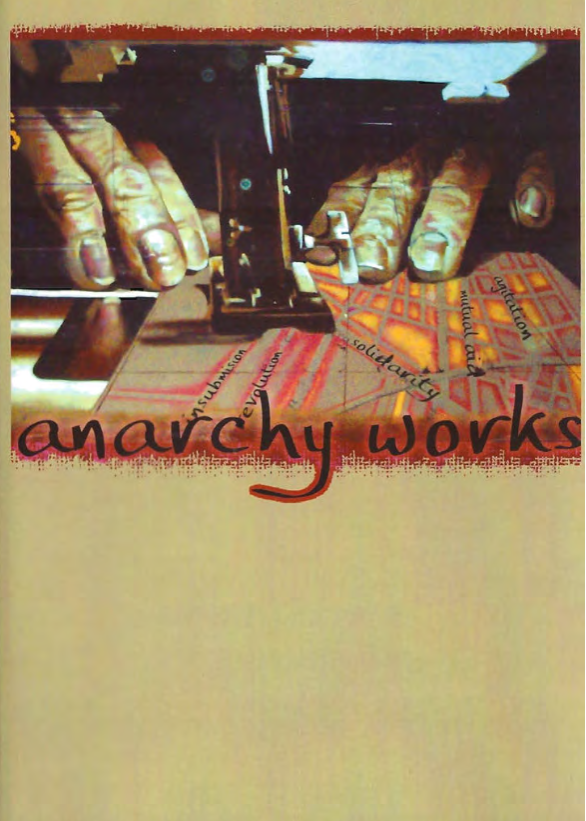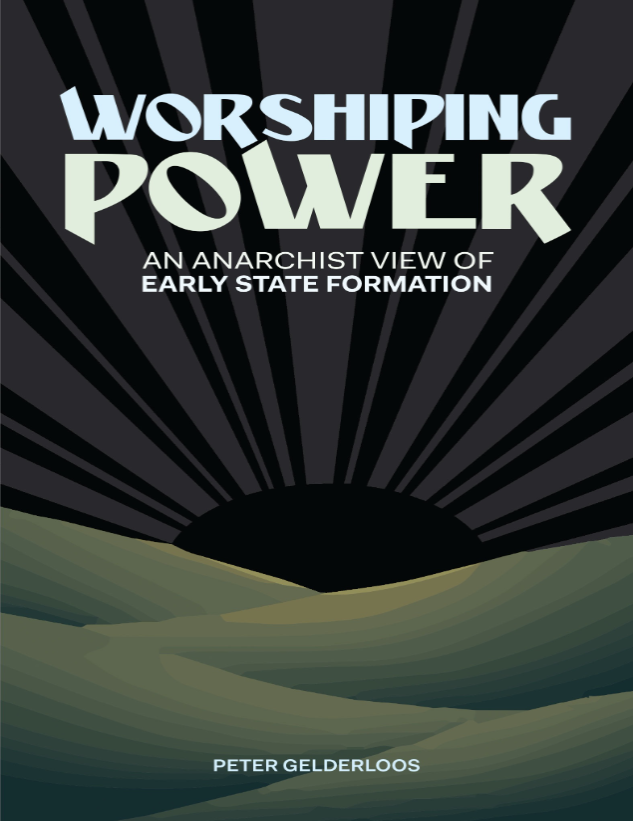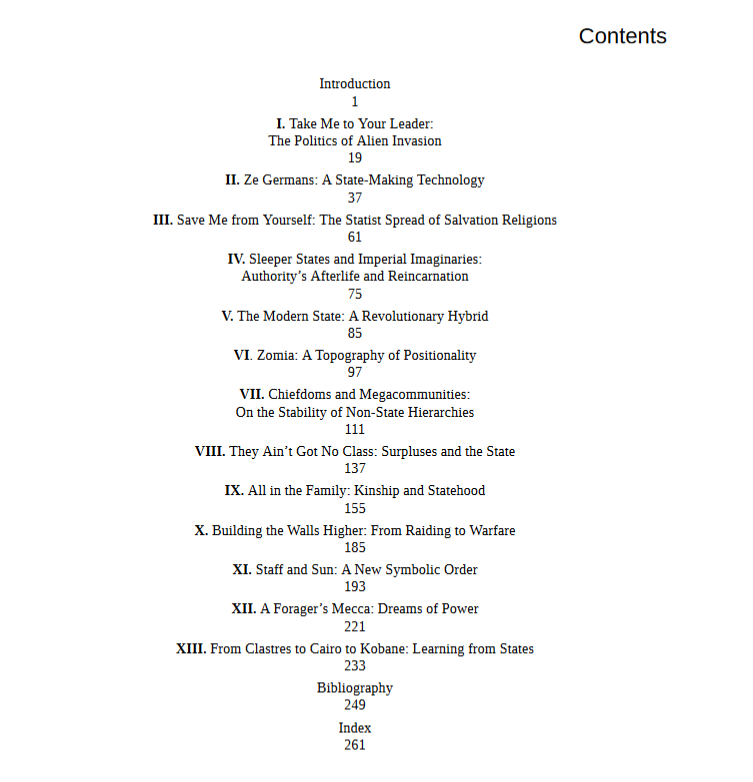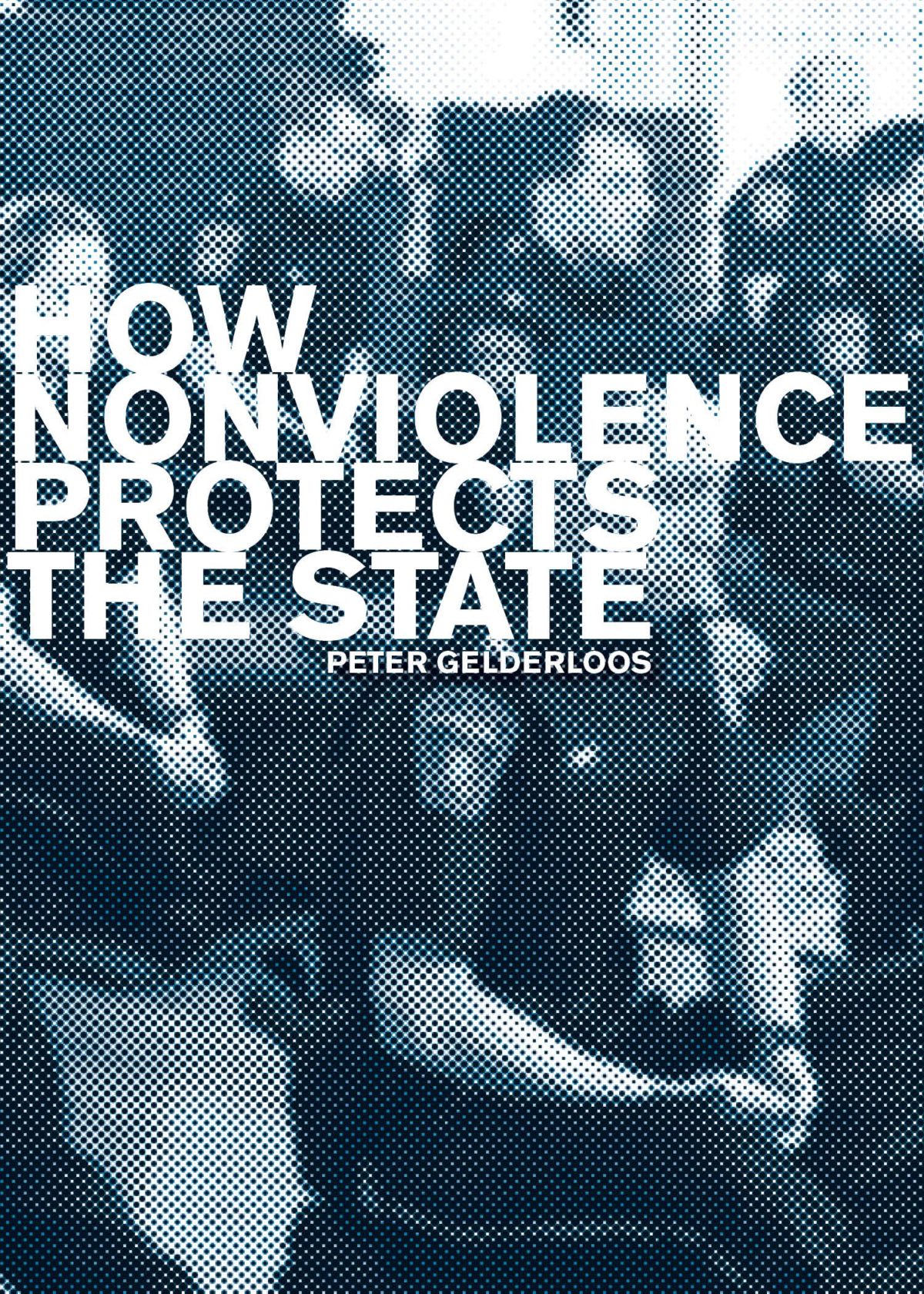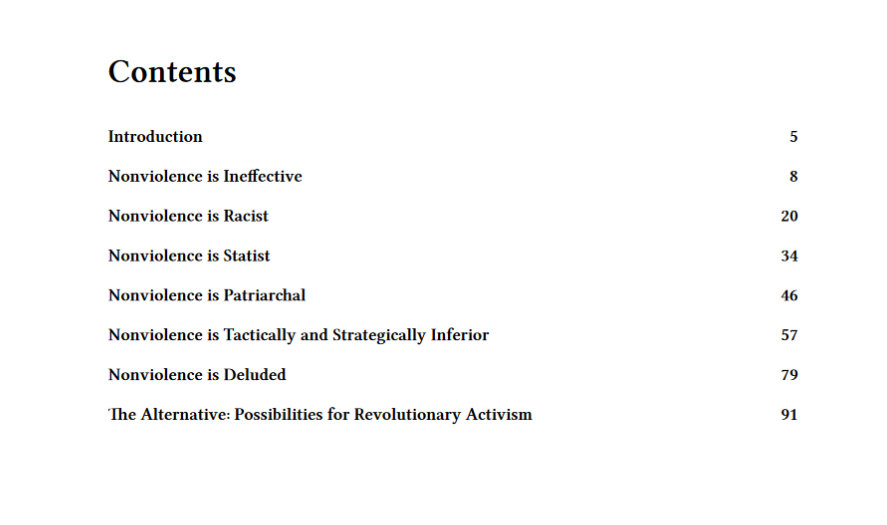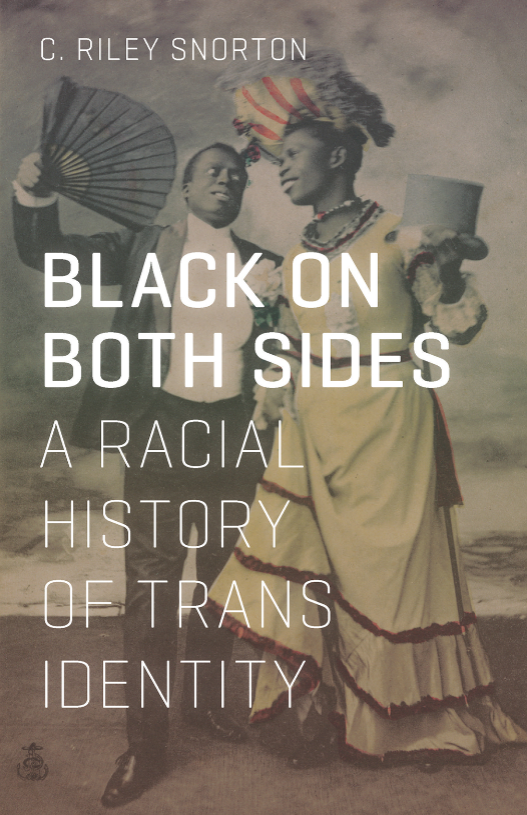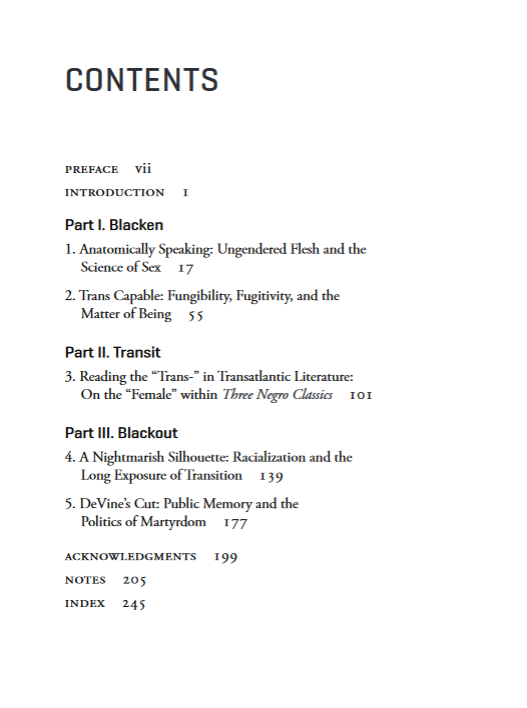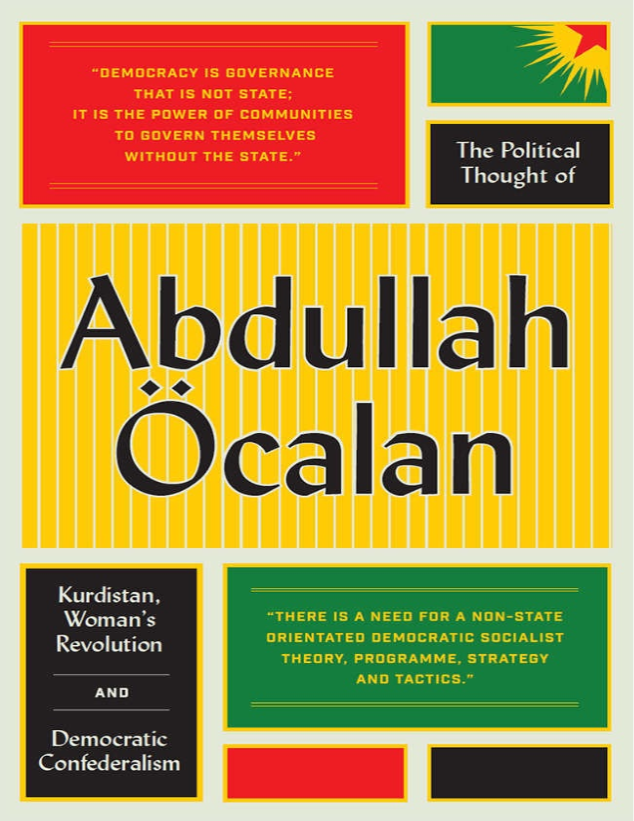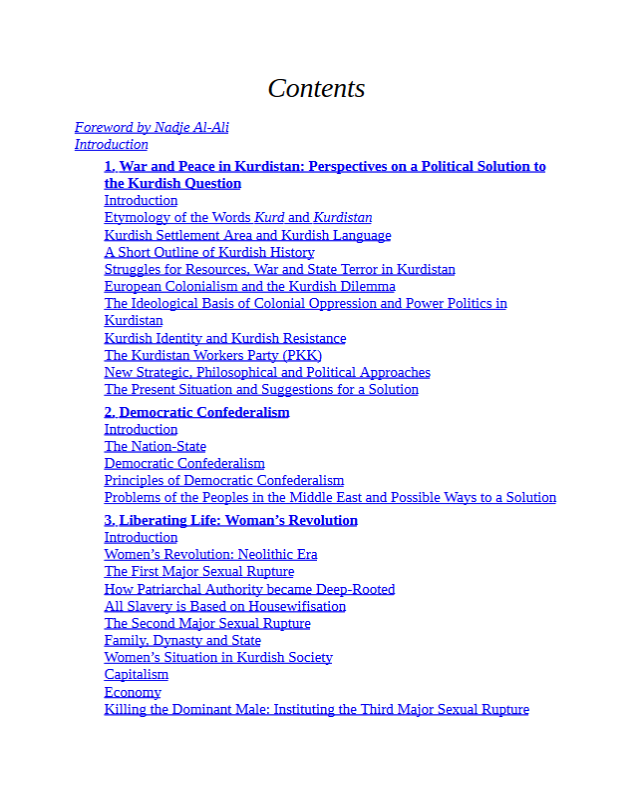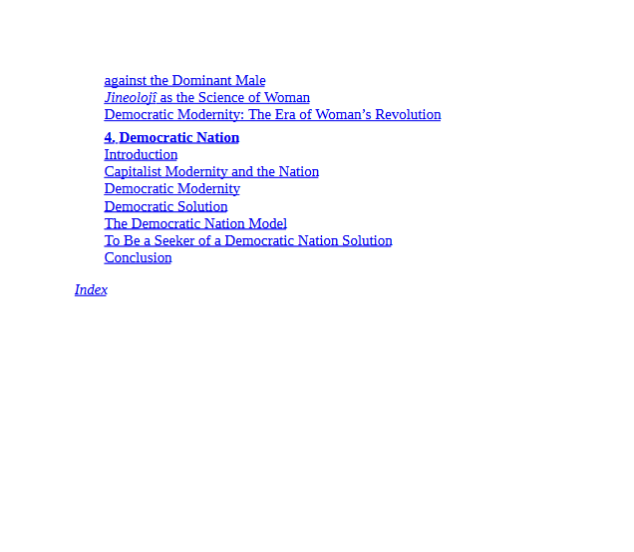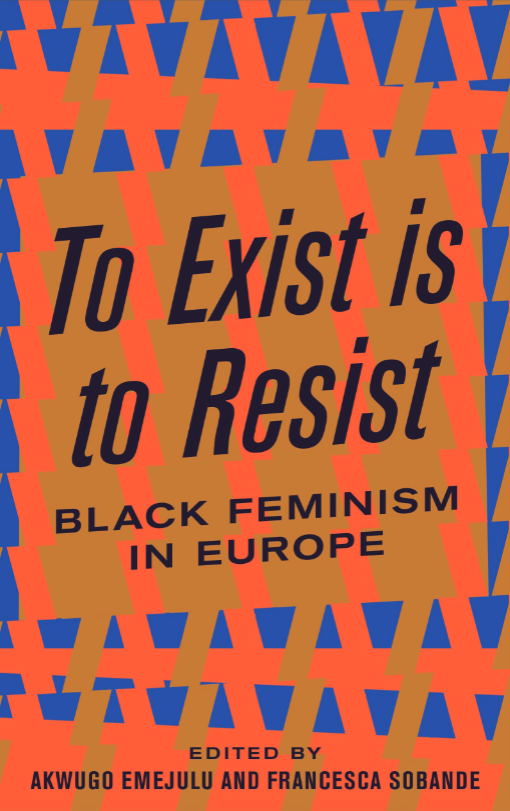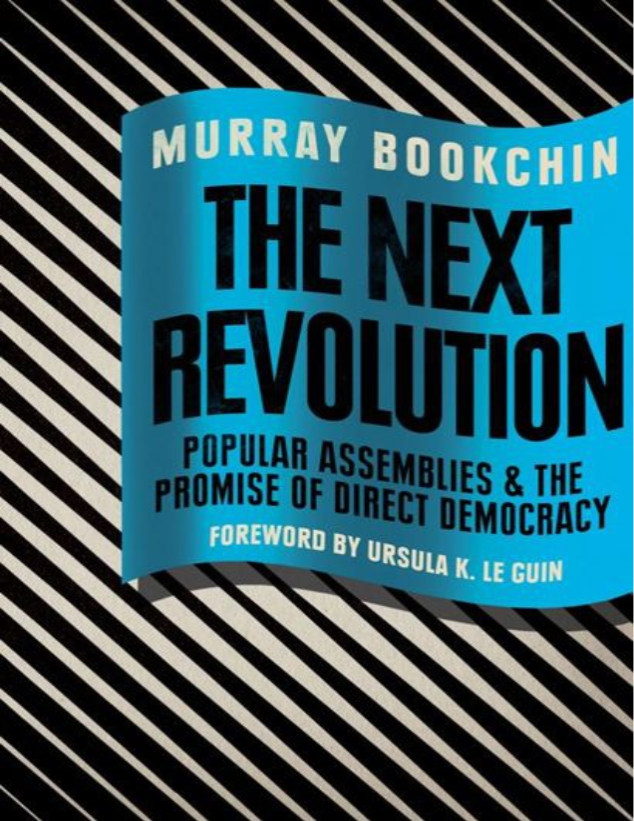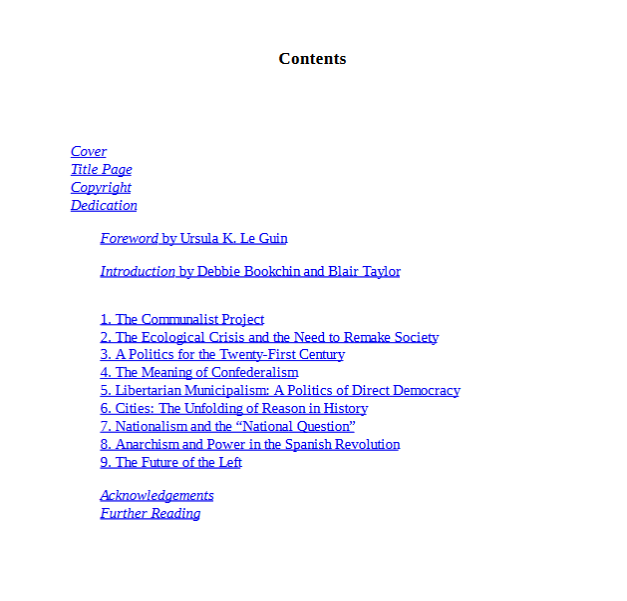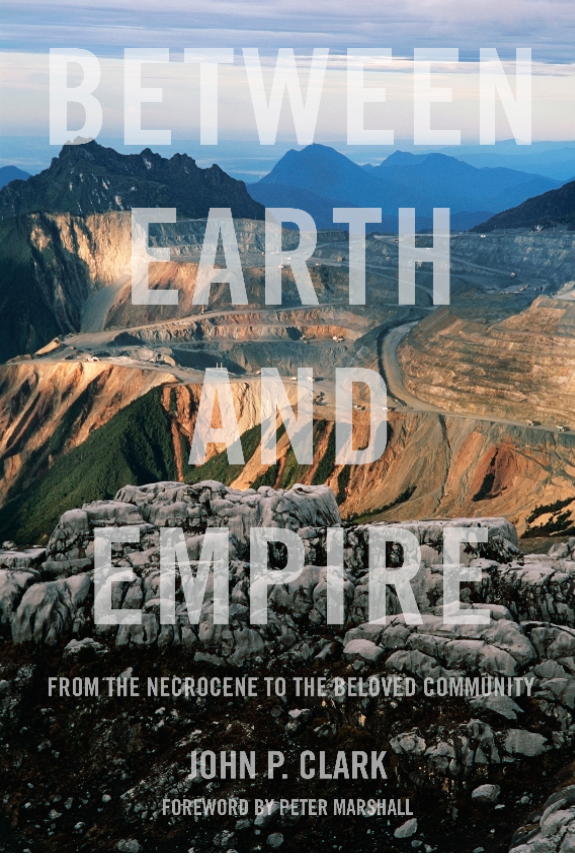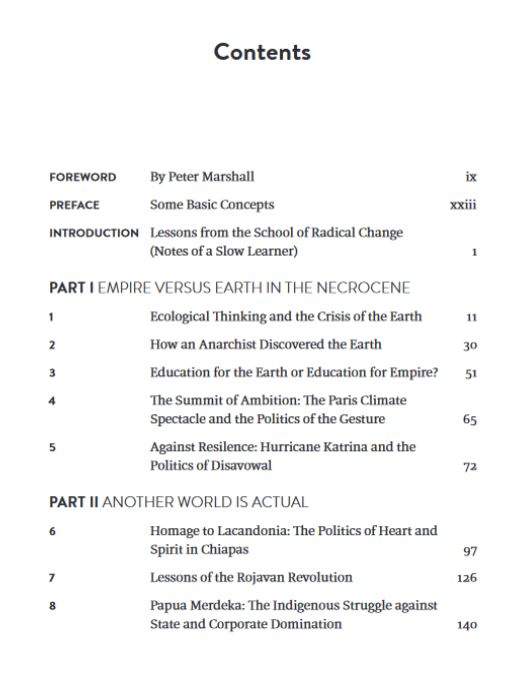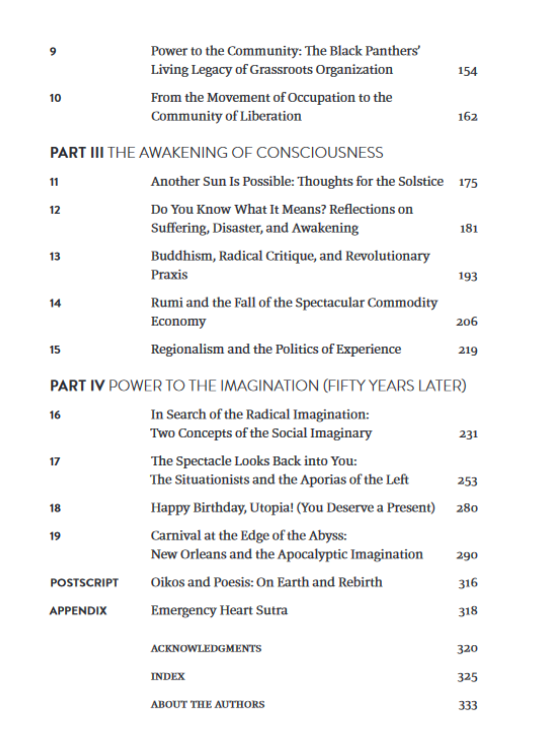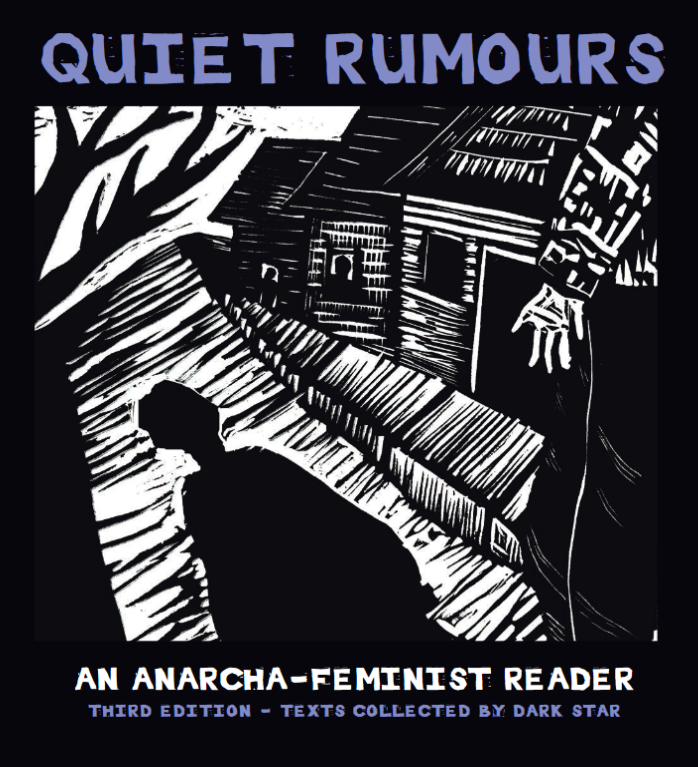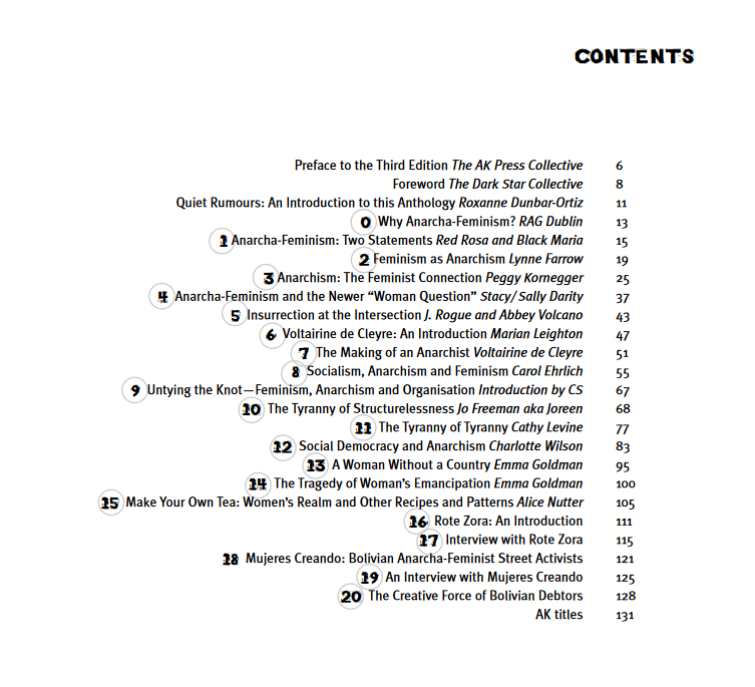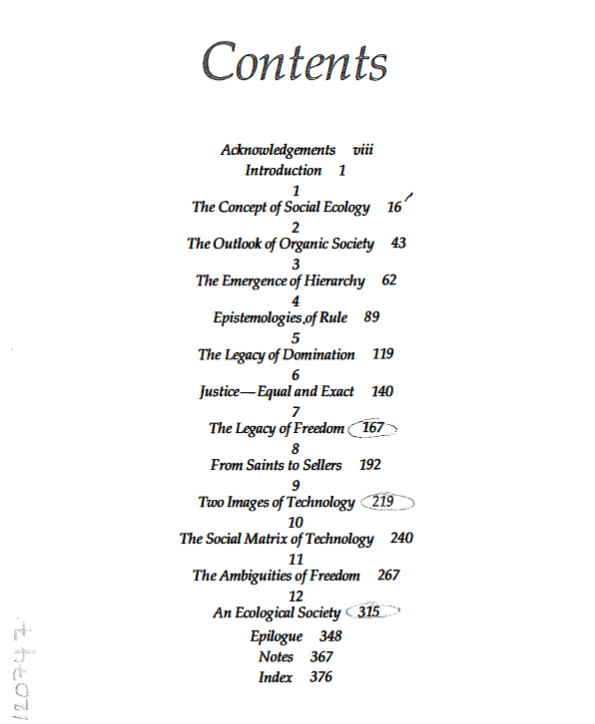Author(s)
Contents
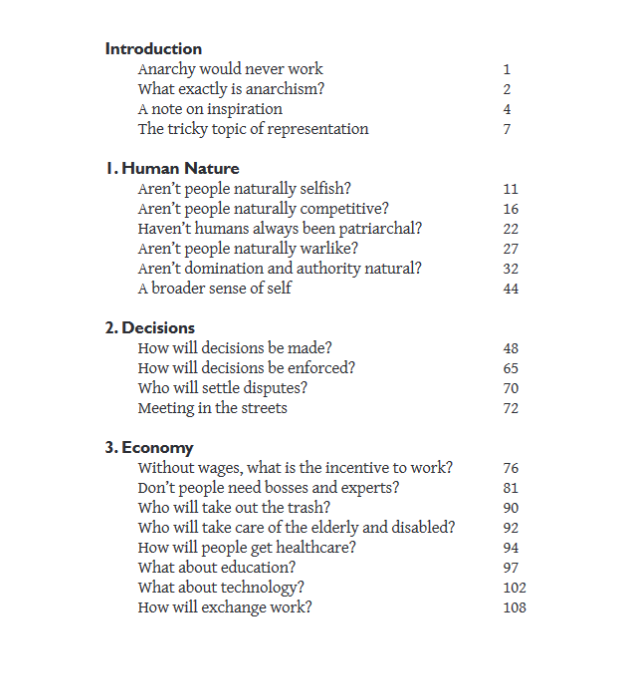
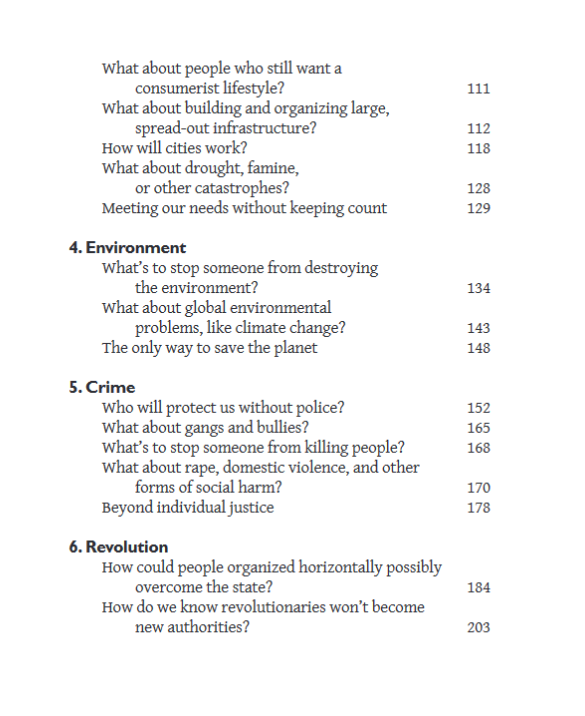
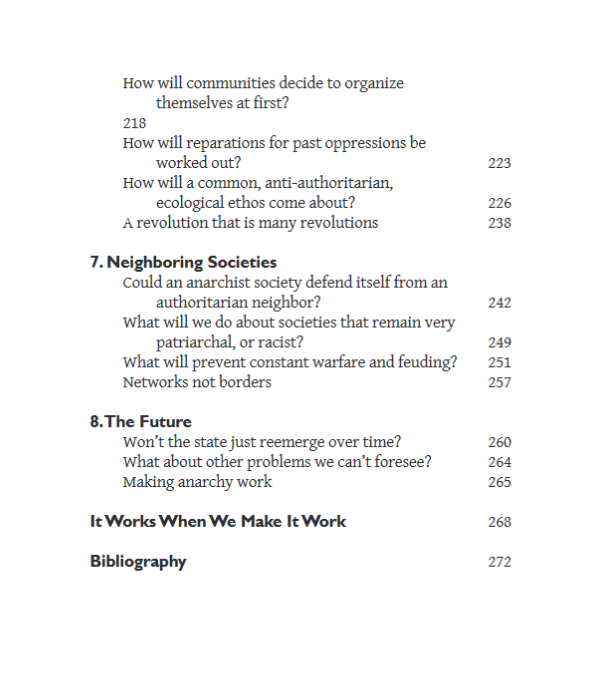
“Anarchism is the boldest of revolutionary social movements to emerge from the struggle against capitalism—it aims for a world free from all forms of domination and exploitation. But at its heart is a simple and convincing proposition: people know how to live their own lives and organize themselves better than any expert could.
Others cynically claim that people do not know what is in their best interests, that they need a government to protect them, that the ascension of some political party could somehow secure the interests of all members of society.
Anarchists counter that decision-making should not be centralized in the hands of any government, but instead power should be decentralized: that is to say, each person should be the center of society, and all should be free to build the networks and associations they need to meet their needs in common with others.
Anarchy means different things to different people. However, here are some basic principles most anarchists agree on.
– Autonomy and Horizontality : All people deserve the freedom to define and organize themselves on their own terms. Decision-making structures should be horizontal rather than vertical, so no one dominates anyone else; they should foster power to act freely rather than power over others. Anarchism opposes all coercive hierarchies, including capitalism, the state, white supremacy, and patriarchy.
– Mutual Aid : People should help one another voluntarily; bonds of solidarity and generosity form a stronger social glue than the fear inspired by laws, borders, prisons, and armies. Mutual aid is neither a form of charity nor of zero-sum exchange; both giver and receiver are equal and interchangeable. Since neither holds power over the other, they increase their collective power by creating opportunities to work together.
– Voluntary Association : People should be free to cooperate with whomever they want, however they see fit; likewise, they should be free to refuse any relationship or arrangement they do not judge to be in their interest. Everyone should be able to move freely, both physically and socially. Anarchists oppose borders of all kinds and involuntary categorization by citizenship, gender, or race.
– Direct Action : It is more empowering and effective to accomplish goals directly than to rely on authorities or representatives. Free people do not request the changes they want to see in the world; they make those changes.
– Revolution : Today’s entrenched systems of repression cannot be reformed away. Those who hold power in a hierarchical system are the ones who institute reforms, and they generally do so in ways that preserve or even amplify their power. Systems like capitalism and white supremacy are forms of warfare waged by elites; anarchist revolution means fighting to overthrow these elites in order to create a free society.
– Self-liberation : ‘The liberation of the workers is the duty of the workers themselves,’ as the old slogan goes. This applies to other groups as well: people must be at the forefront of their own liberation. Freedom cannot be given; it must be taken.”
Peter Gelderloos
Leave a comment below with a valid email adress (it will not be published) to request this book.
